Dec. 29, 2022 /SemiMedia/ -- According to reports, consumer chip inventories are at their highest level in more than a decade and are experiencing the worst oversupply ever, due to weak demand for computers and mobile phones.
The report pointed out that with rising interest rates in 2022, the decline of global stock markets and concerns about economic recession, consumer demand for electronic products has begun to weaken. As a result, chip inventories have begun to accumulate, which will inevitably lead to a series of cost-cutting measures for chip manufacturers.
According to industry insiders, due to the high inventory level of distributors, PC manufacturers are preparing to launch fierce price competition.
Dell, the world's third-largest notebook computer maker, said the company's capital expenditures have slowed, as demand for servers has also slowed, in addition to weak demand for business PCs.
Hewlett-Packard, the world's largest computer manufacturer, also predicts that the market's demand for PCs may further decline in 2023. HP's latest financial report shows that in the third fiscal quarter ending October, consumer business revenue including PCs fell sharply by 25%, notebook computer shipments fell by 26% year-on-year, and plans to cut 10% of jobs in the next three years.
According to an analysis by UBS, chip inventories are at their highest level in more than a decade.
Some chipmakers, however, are not concerned about rising inventories. Lattice Semiconductor's inventory increased by about 29% in the year ended October 1, but the company's CEO Jim Anderson is not worried about this, saying that the company's products can be used for 15 to 20 years, and the risk of being eliminated is very low.
Despite the short-term oversupply, there are still many chip companies preparing for a long-term increase in chip demand. Samsung Electronics still plans to increase chip production capacity at its largest semiconductor plant next year. In addition, Micron plans to build a facility in upstate New York that could cost as much as $100 billion.

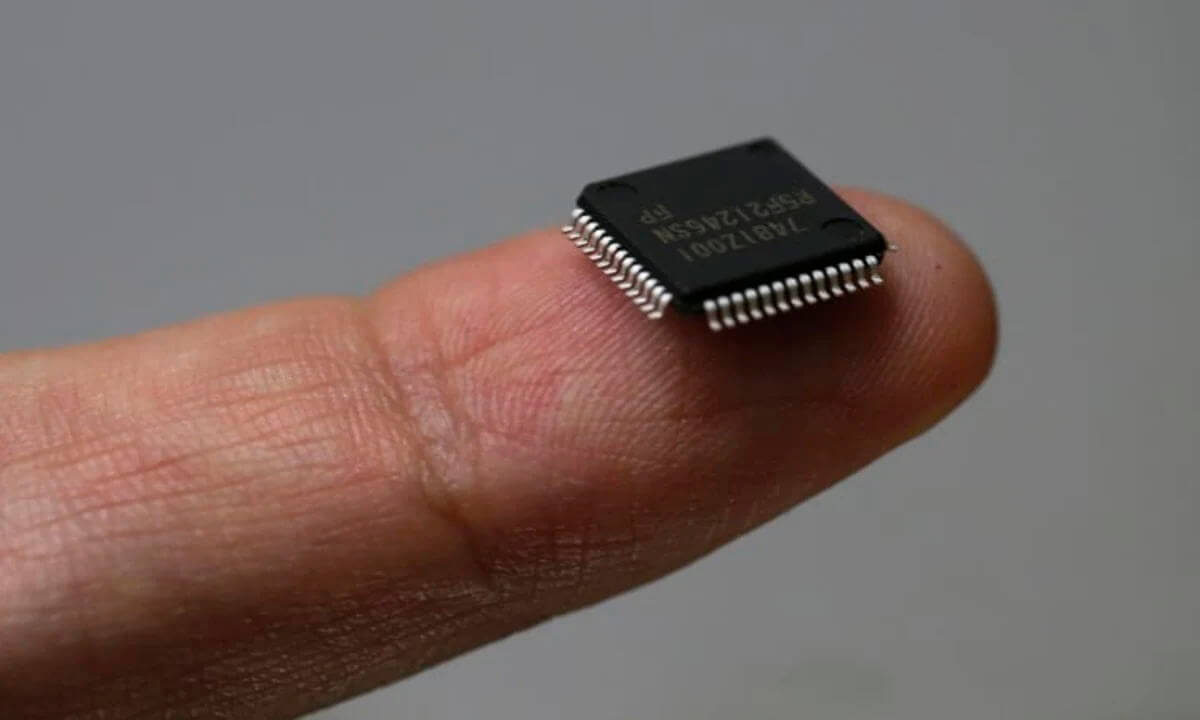






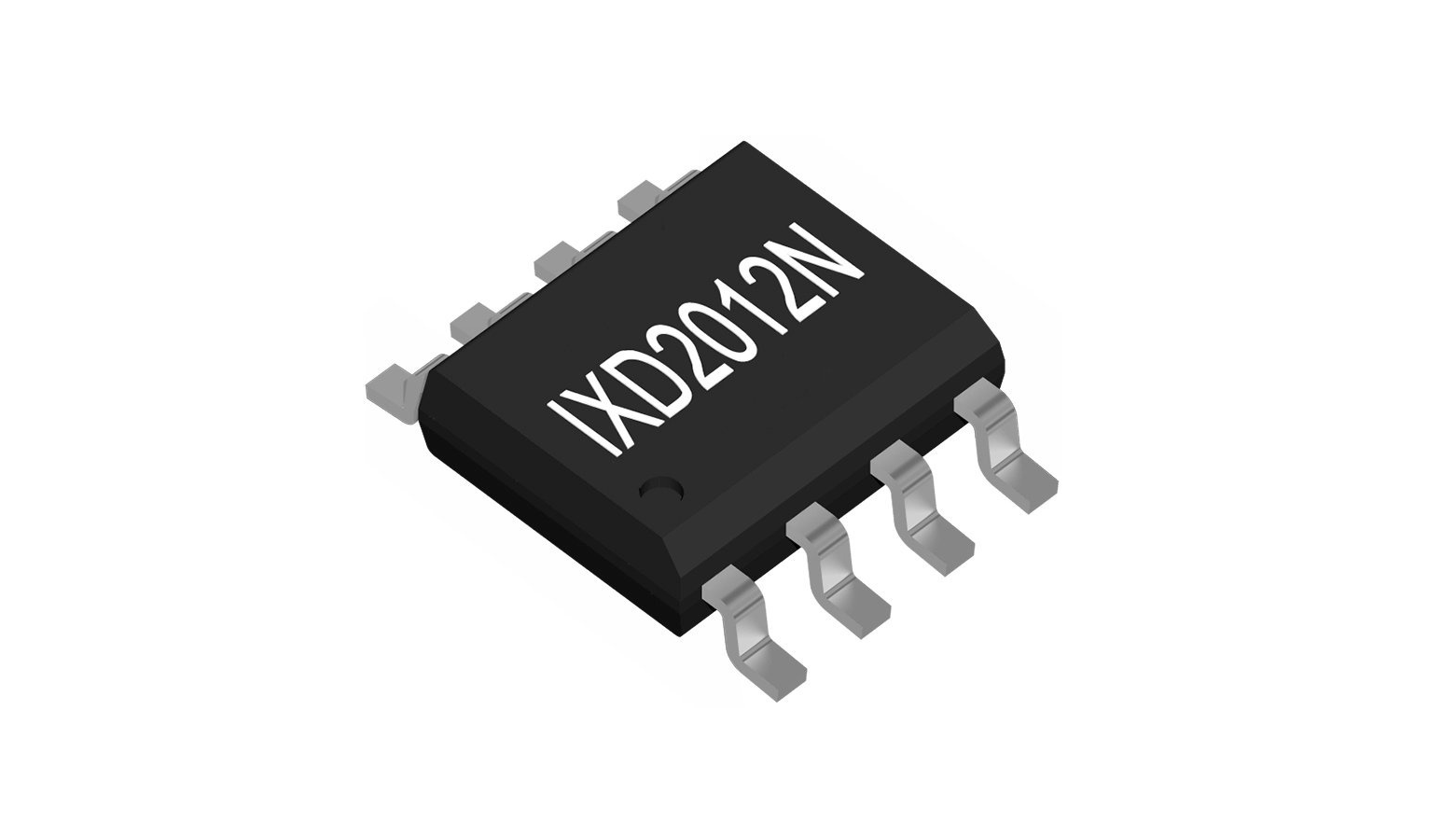
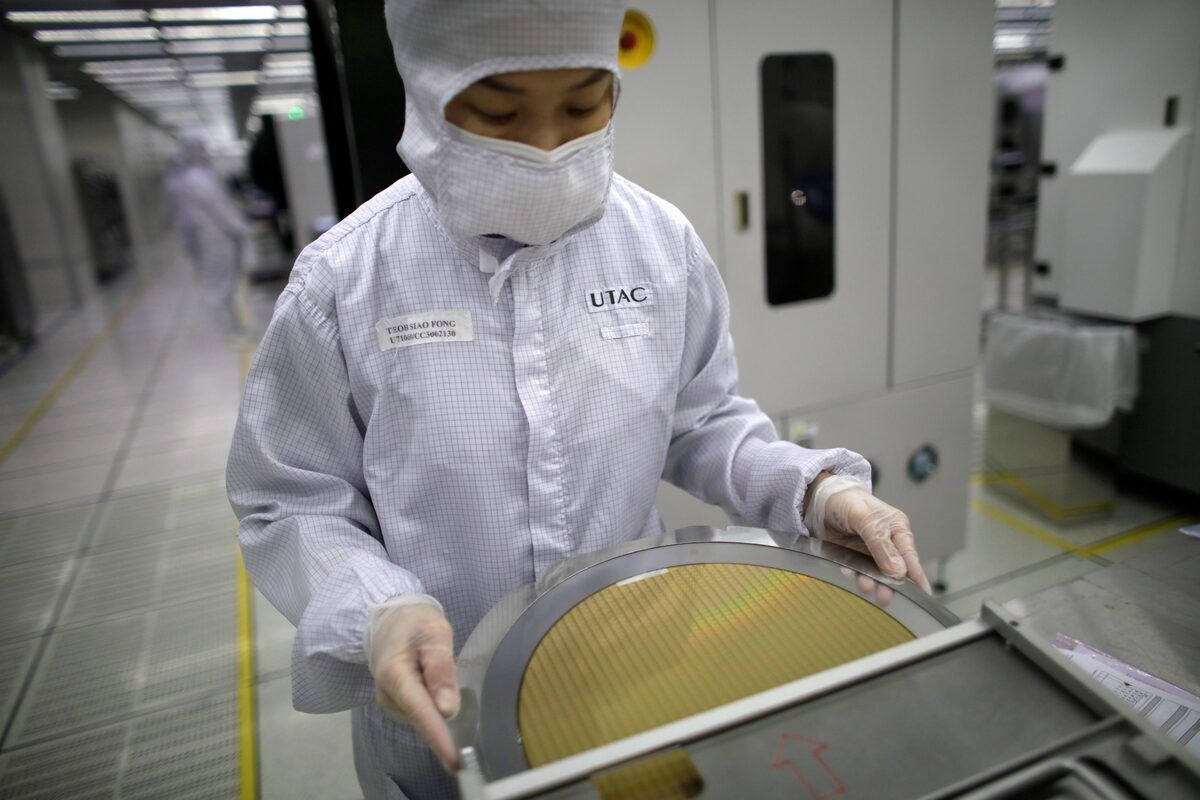
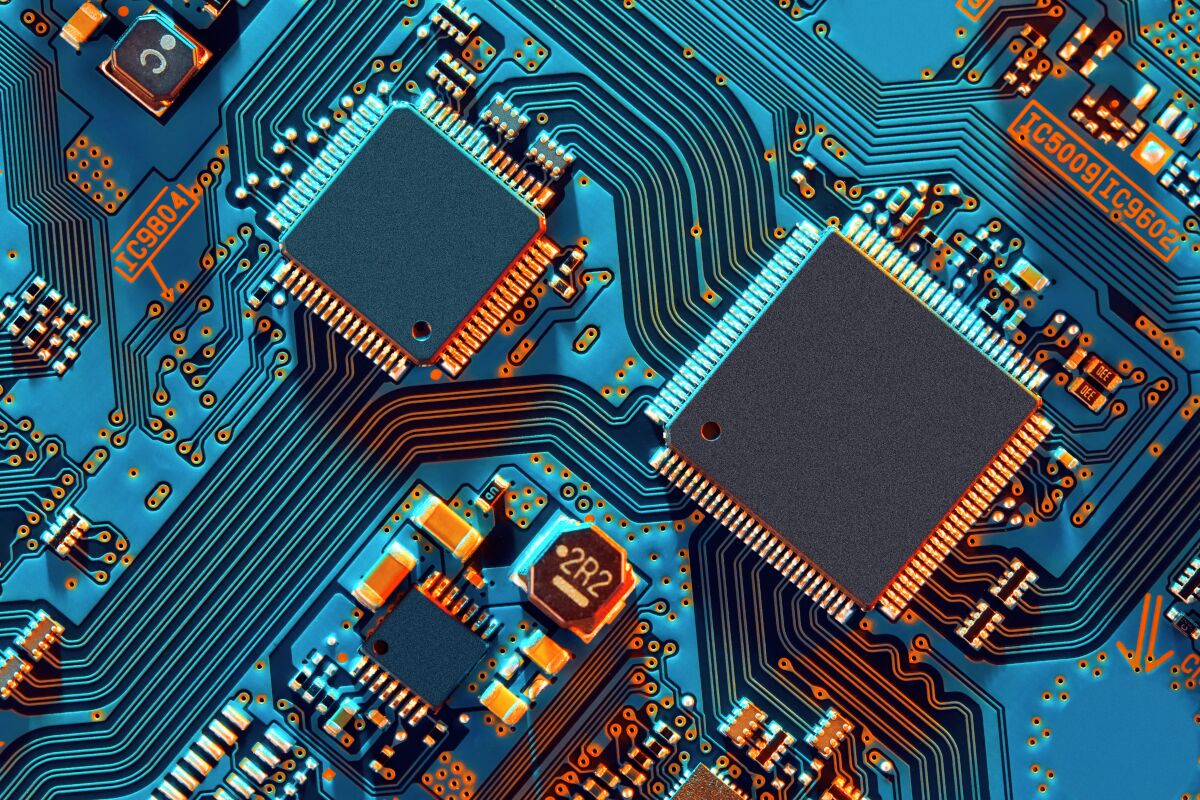
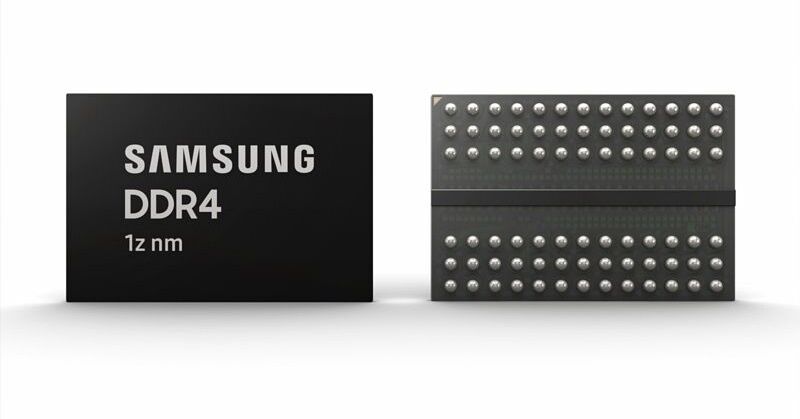
All Comments (0)